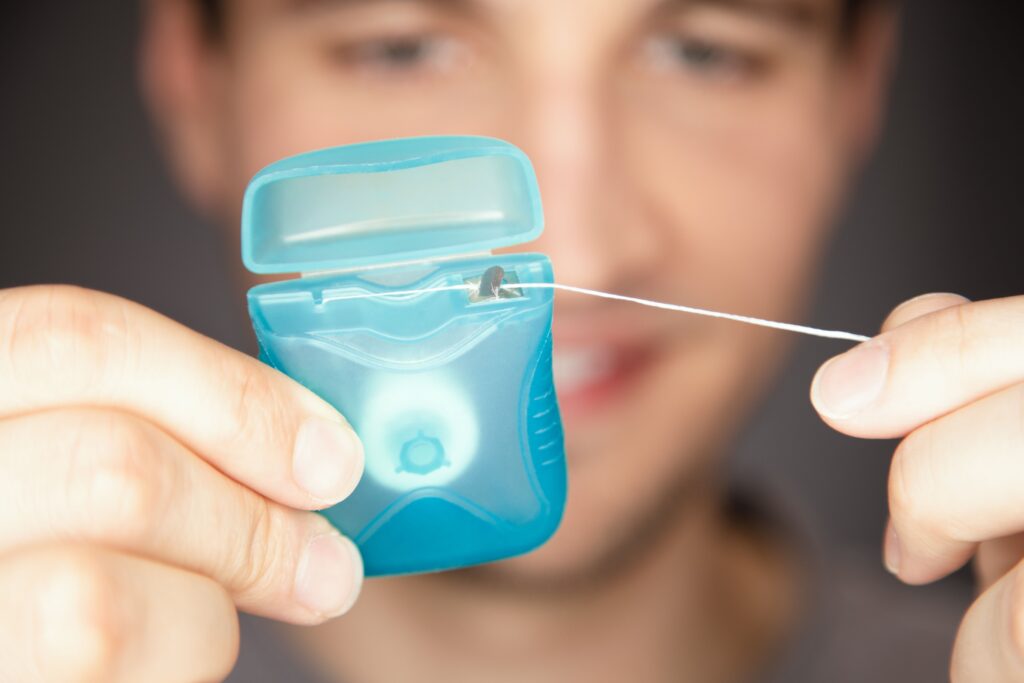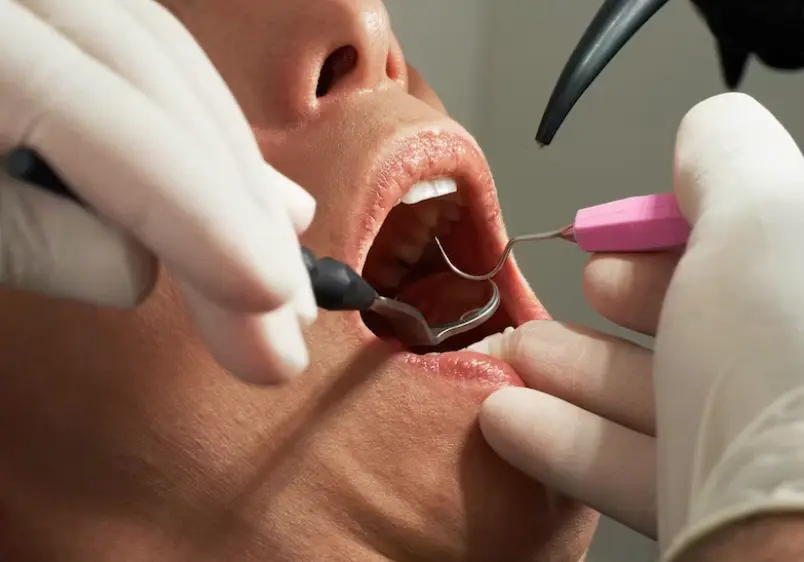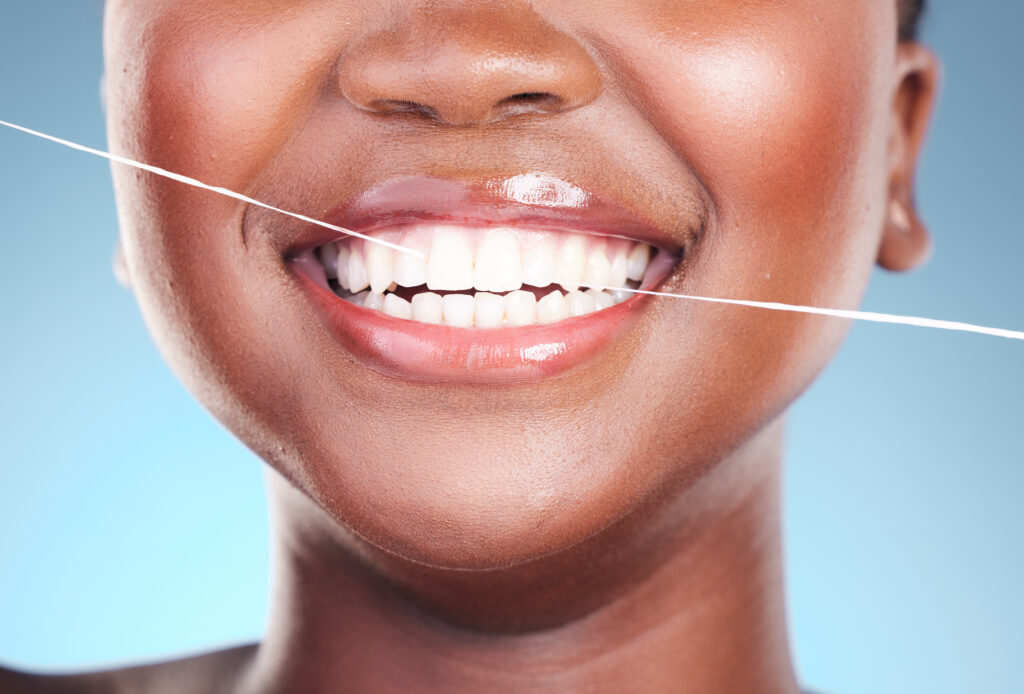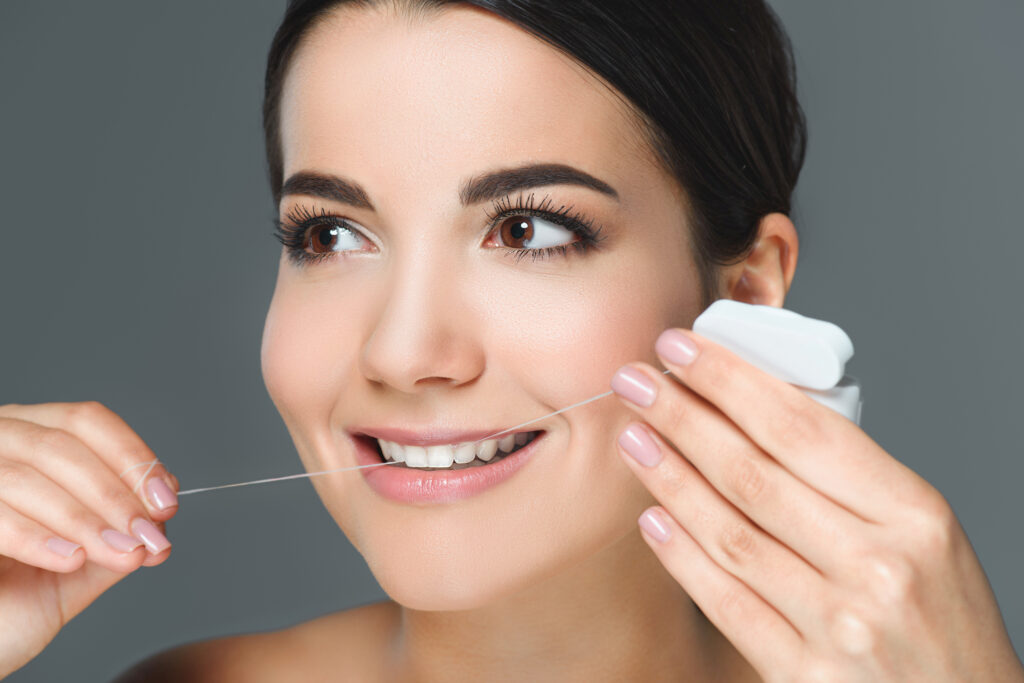Temporomandibular joint disorder (TMJ) and sleep apnea are two conditions that can greatly impact a person’s quality of life. While they may seem unrelated, recent research suggests that there may be a link between the two. Understanding the relationship between TMJ and sleep apnea is essential for effective treatment and prevention. In this article, we’ll explore the causes, symptoms, and treatment options for both conditions, as well as the potential link between them.
What is TMJ?
TMJ is a disorder that affects the temporomandibular joint, which connects the jawbone to the skull. It can be caused by a variety of factors, including injury, arthritis, and stress. Common symptoms of TMJ include jaw pain, headaches, clicking or popping sounds when opening the mouth, and difficulty chewing.
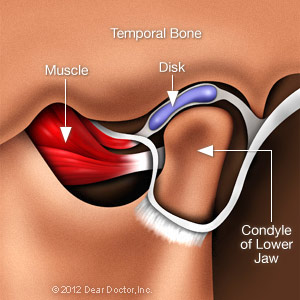
Diagnosis of TMJ can be tricky, as the symptoms can be similar to those of other conditions. Your dentist or doctor may conduct a physical exam, take x-rays, or refer you to a specialist for further testing. Treatment options for TMJ may include lifestyle changes, such as stress reduction, or physical therapy. In some cases, medications or surgery may be necessary.
What is Sleep Apnea?
Sleep apnea is a disorder that causes a person to stop breathing briefly while sleeping. It can be caused by a variety of factors, including obesity, smoking, and genetics. Common symptoms of sleep apnea include snoring, gasping or choking during sleep, daytime fatigue, and difficulty concentrating.
Diagnosis of sleep apnea usually involves a sleep study, which may be conducted at home or in a sleep lab. Treatment options for sleep apnea may include lifestyle changes, such as weight loss or quitting smoking, or the use of a continuous positive airway pressure (CPAP) machine.
Relationship between TMJ and Sleep Apnea
While TMJ and sleep apnea may seem unrelated, recent research has suggested that there may be a link between the two. One study found that people with TMJ were more likely to have sleep apnea than those without TMJ. Another study found that people with sleep apnea were more likely to have TMJ than those without sleep apnea.
The exact nature of the relationship between TMJ and sleep apnea is not fully understood, but there are several theories. One theory is that the pain associated with TMJ may cause a person to clench their jaw or grind their teeth while sleeping, which can exacerbate sleep apnea. Another theory is that the airway obstruction associated with sleep apnea may cause a person to adjust their jaw position during sleep, which can lead to TMJ symptoms.
Treating TMJ and Sleep Apnea
Treating TMJ and sleep apnea can be challenging, but there are several approaches that can be effective. For TMJ, treatment may involve lifestyle changes, physical therapy, medications, or surgery. For sleep apnea, treatment may involve lifestyle changes, such as weight loss or quitting smoking, or the use of a CPAP machine.
In some cases, treating one condition may also improve the symptoms of the other. For example, treating TMJ may reduce jaw clenching or teeth grinding during sleep, which can help alleviate sleep apnea symptoms. Similarly, treating sleep apnea may reduce the airway obstruction that can contribute to TMJ symptoms.
Prevention
Prevention is key when it comes to TMJ and sleep apnea. There are several steps you can take to reduce your risk of developing either condition. For TMJ, practicing stress reduction techniques, such as meditation or yoga, may be helpful. Wearing a mouthguard at night can also help prevent teeth grinding or clenching.
For sleep apnea, maintaining a healthy weight, quitting smoking, and avoiding alcohol and sedatives before bedtime may help reduce your risk. Additionally, sleeping on your side rather than your back can help prevent airway obstruction during sleep.
Early diagnosis and follow-up care are also important in preventing the progression of both TMJ and sleep apnea. If you suspect that you may have either condition, it’s important to seek medical help. Your dentist or doctor may refer you to a specialist, such as an otolaryngologist or sleep medicine specialist, for further evaluation and treatment.
In conclusion, while TMJ and sleep apnea may seem like two very different conditions, they may be more closely related than we once thought. Understanding the relationship between the two is essential for effective treatment and prevention. If you suspect that you may have either condition, don’t hesitate to seek medical help. With the right treatment, you can alleviate your symptoms and improve your quality of life.
Dental Solutions For Sleep Apnea and TMJ
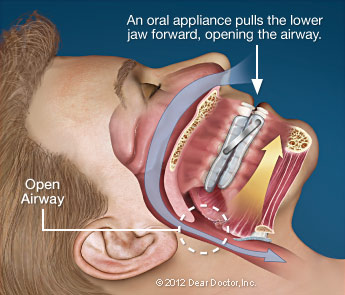
If you suffer from sleep apnea or TMJ, visiting a dentist can give you a solution. Here at Family Tree Dental, we can supply patients with oral appliances to help with both of these issues. If you’re located near Marietta, Ohio and would like to learn more about how we can help you overcome your sleep apnea or TMJ contact us today!
Resources:
- American Academy of Sleep Medicine – https://aasm.org/resources/
- American Academy of Otolaryngology-Head and Neck Surgery – https://www.entnet.org/content/patient-health
- National Institute of Dental and Craniofacial Research – https://www.nidcr.nih.gov/health-info/tmj
References:
- Yilmaz F, Karaman H, Akdogan V, et al. Evaluation of the relationship between temporomandibular joint disorders, chronic obstructive pulmonary disease and obstructive sleep apnea syndrome. J Oral Rehabil. 2015;42(5):364-371. doi:10.1111/joor.12264
- Liu H, Li W, Li X, et al. The Relationship Between Obstructive Sleep Apnea Syndrome and Temporomandibular Joint Disorders: A Systematic Review and Meta-Analysis. Front Neurol. 2021;12:634646. doi:10.3389/fneur.2021.634646




